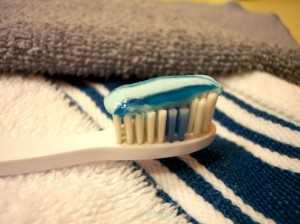Dental cavities are among the most common problems that dentists encounter daily. The most common cause of dental caries is poor oral hygiene. Here is what you need to k now about cavities and how you can get rid of them for good.
now about cavities and how you can get rid of them for good.
Pathophysiology
Poor oral hygiene is the obvious culprit of dental caries. Top dental service provider, bromleydentalpractice.co.uk, says this results in the buildup of a thin, transparent sticky film called plaque that bonds to the surface of the tooth and harbours cavity-causing bacteria. While the bacteria proliferates and settles on the plaque, they feed off from the sugar and starch that we eat and produce an acid that weakens the teeth enamel that protects the tooth. This leads to the gradual decay of the tooth, resulting in cavity formation, among other things. Cavities can cause serious problems not just to the teeth, but also the gums.
Fluoride Treatment
Treating cavities using fluoride is highly effective. Fluoride is an important mineral that helps keep tooth enamel strong and protected. Fluoride also assists in the restoration of damaged teeth. Talk to your dentist to determine if this approach will be of benefit to you.
Tooth Restoration
If you think you have a tooth cavity, consult your dentist immediately to determine the scope of the problem. If a section of your tooth is decayed, he can patch it up using dental fillings, so it will be restored back to its original shape. He will drill up the damaged portion and replace it with fillings that are made either out of composite resins or porcelain, which closely matches the colour of your tooth.
Practice Good Oral Hygiene
The best way to prevent cavities is to practice good oral hygiene. If possible, brush your teeth at least three times a day and use a fluoride toothpaste. Do not forget to floss to get rid of debris that gets stuck in between the teeth.
Once you are done brushing, it is recommended to use a good mouthwash to kill any cavity-causing bacteria present. Visit your dentist regularly for cleanings and checkups.